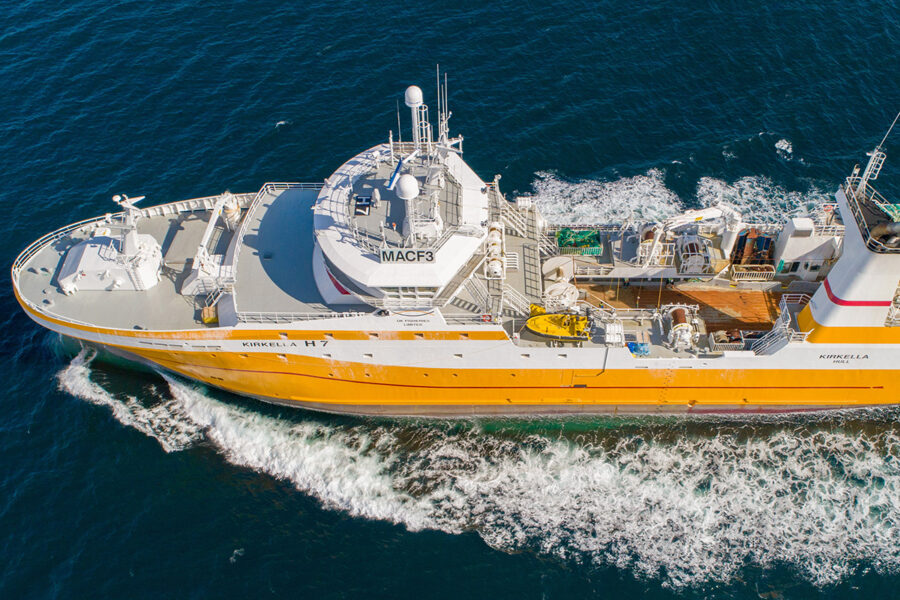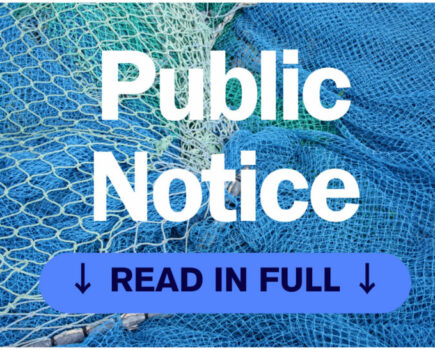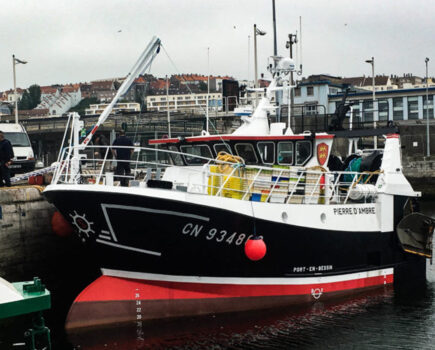The mackerel deal with Norway and Faroe ties the hands of the next administration – and favours a small group of pelagic vessel owners at the expense of the wider industry, writes GARY TAYLOR, Fisheries consultant and former Defra senior negotiator
Outgoing fisheries minister Mark Spencer has left the fisheries equivalent of the letter sent by Gordon Brown’s treasury secretary Liam Byrne to his successor. But instead of: “I’m afraid there is no more money,” it’s: “We’ve given away all the fish,” and there’s no hint of contrition.
In a quite unprecedented move last month, officials at Defra signed off, presumably sanctioned by the minister, a series of deeply unfair and unsustainable mackerel deals, even though constitutional convention forbids this during an election campaign.
Under the deals signed by the UK with Norway and the Faroes, the ICES total catch advice for mackerel in the North East Atlantic of just under 740,000t is set to be exceeded by at least 20%. In agreeing to this, the UK government has unilaterally (or, if you prefer, trilaterally) put short- term profit ahead of long-term responsibility. Irish and European fishers are vocally furious.
What is more, under this highly dubious arrangement, the outgoing administration has effectively bound the hands of whoever is to follow. Setting the catch at these levels is effectively a policy decision that under any system that respects democracy should have been left for the incoming minister, whoever that may be. In all of my years in the industry, including 20 as a fisheries negotiator at Defra, I have never before seen any government act in this way.
It might be possible to look more kindly on these actions if they at least had the thinnest veneer of benefiting the UK fishing industry as a whole. They do not. What an overwhelming majority of British fishers will know is that it is the same tiny group of pelagic vessel owners who stand to gain – at least in the short term. Even they will know that if they carry on damaging stocks at this rate, then everybody loses.
Why is it that the owners of these 20 or so vessels have been privileged at every possible opportunity by the Tories since the 2020 election? In every round of negotiations with our traditional partners in the North Atlantic since 2019, the pelagics have emerged with more and more catch, leaving less and less currency to trade for the rest of the industry. Using publicly available data, I recently calculated that the average large pelagic vessel has gained a thousand times more in additional post-Brexit quota value than every other class of vessel.
Astonishing, isn’t it? And this is before the latest deals, which will no doubt enrich the fortunate few even further. In the meantime, the UK’s distant-water whitefish fleet, for example, has seen its quotas halved.
Successive fisheries ministers and their officials have claimed that they are acting on behalf of all sectors of the industry, and that they aim to achieve balanced settlements for all of the UK fleet. Visit any fishing port outside those from which the large pelagics operate and you will quickly hear just how risible that claim is.
Ministers, and especially those leaving office, do not have the right to operate a scorched earth strategy within their policy areas. We cannot know the Tories’ real intentions in making policy by ‘posthumous’ decree, although given the enormous sums at stake, anything is possible.
In any case we deserve better, as an industry and as a nation, and we can only hope that the incoming minister can find a way if not to reverse these atrocious deals, then at least to offset their damaging impact.
This story was taken from the latest issue of Fishing News. For more up-to-date and in-depth reports on the UK and Irish commercial fishing sector, subscribe to Fishing News here or buy the latest single issue for just £3.30 here.
Sign up to Fishing News’ FREE e-newsletter here.








